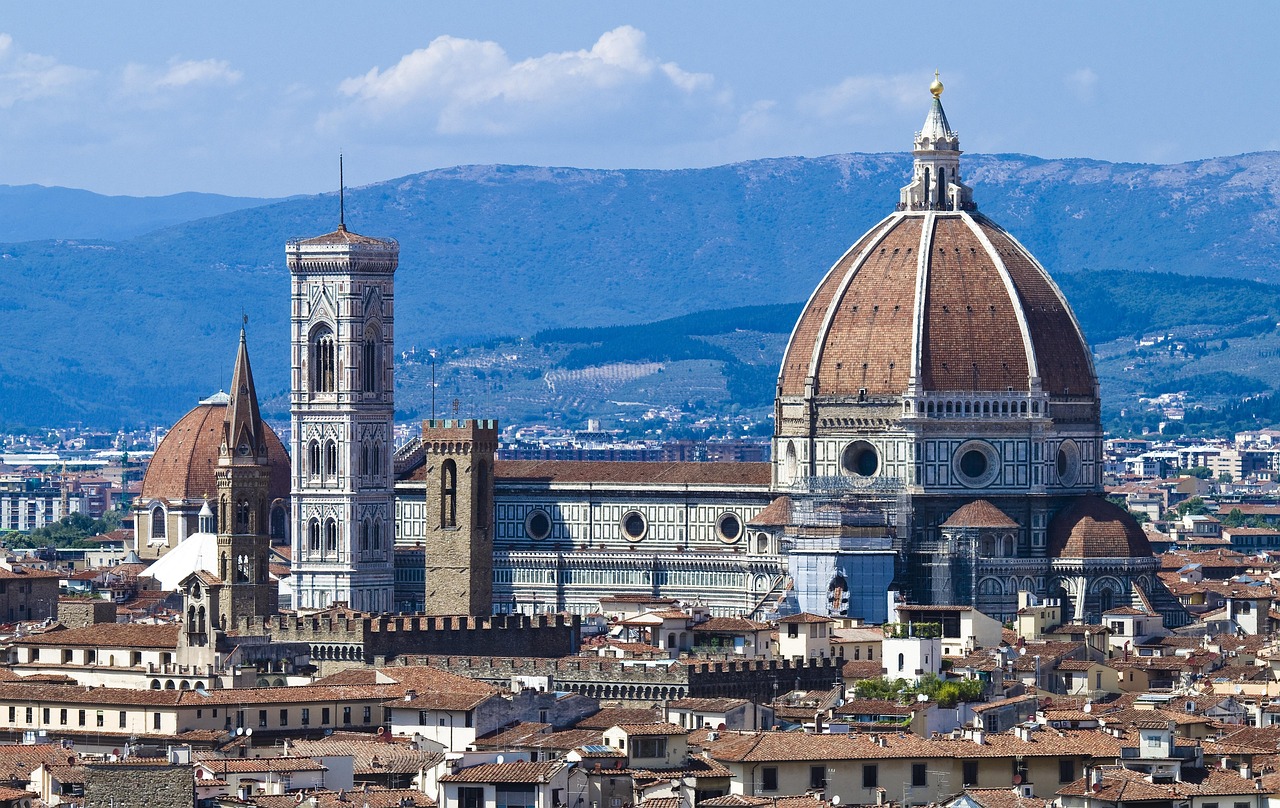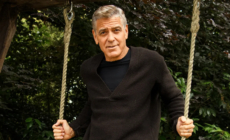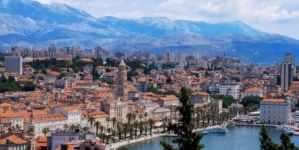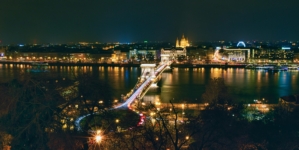A statue commemorating the 100th anniversary of Margaret Thatcher’s birth was unveiled on the Kis Rókus street side of the Millenáris complex, next to the National Dance Theater in Budapest. The sculpture, crafted from iron, honors the legacy of the ‘Iron Lady.’
“The Thatcher era was a century of freedom struggles for Hungarians,” said Gergely Gulyás, Minister of the Prime Minister’s Office, at the unveiling of Margaret Thatcher’s statue on Friday.
“Thatcher understood the value of freedom and dedicated her life to serving it. She knew that freedom is essential to human dignity.
She did not believe the lies of communism, she did not compromise with communism, she defeated it. She won the Cold War against the Soviet Union, which brought freedom to the Hungarian people. The Hungarian people are grateful to her for her unwavering stance against communism,”
said the minister.
He emphasized that Margaret Thatcher overcame Britain’s economic problems and brought prosperity to her country.
The minister also pointed out that Thatcher was a uniquely great fighter in politics. She was said to be “the only man” in the government. She achieved her political successes through serious struggles against trade unions, European centralization policies, the Falklands War, and fighting for the free market. Thatcher believed that progress must be based on merit, said Gergely Gulyás.
Margaret Thatcher statue, Millenáris, Budapest. Photo: Hungary Today
He recalled that Margaret Thatcher bowed her head before the coffin of Hungarian Prime Minister József Antall in 1993, perhaps understanding him better than many of her Hungarian contemporaries. “Thatcher held high the torch of conservative values,”
said Gergely Gulyás.
At the ceremony, Sir William Cash, a member of the British Conservative Party and former member of parliament, emphasized that history does not forget great politicians. He noted that, according to Margaret Thatcher’s memoirs, the brutal Soviet invasion of 1956 “burned into her soul.”
Margaret Thatcher would have supported your prime minister in defending Christian identity and protecting his country from illegal migrants. Successful countries have a strong national identity,”
the conservative politician emphasized.
Lord MacKinlay of Richborough, a member of the House of Lords, emphasized at the statue unveiling that Margaret Thatcher had turned Britain into a dynamic place in just a few years, with her government delivering continuous economic growth and improving living standards. The lord quoted one of Margaret Thatcher’s favorite sayings: “The problem with socialism is that you eventually run out of other people’s money.” He added that sometimes you have to win a battle several times to really win it.
Sir Mark Thatcher, son of the late prime minister, highlighted Hungary’s extremely successful economic development in his speech. He added that Margaret Thatcher’s idea was a free economy and that the state should serve, not rule.

Minister Gergely Gulyás (R), Sir Mark Thatcher, son of Margaret Thatcher (R2), Carol Thatcher, daughter of Margaret Thatcher (R3), and Sir William Cash, former British Member of Parliament, member of the Conservative Party (L). Photo: MTI/Illyés Tibor
Last week the Danube Institute has organized an international conference on the legacy of Margaret Thatcher. Among the speakers was Dr. János Martonyi, former Hungarian foreign minister, and former Czech President, Václav Klaus. The conference in Budapest was also joined by former Australian Prime Minister Tony Abbott, Lord Griffith of Forestfach, the former head of Downing Street policy unit under Margaret Thatcher, or Dr. Robin Harris, former special advisor to Margaret Thatcher.

Former Hungarian foreign minister, János Martonyi (R) at the Danube Institute Margaret Thatcher conference. Photo: Hungary Today.
Fact
Margaret Thatcher was born in 1925 and passed away in 2013. She made history as the first woman to lead the Conservative Party, taking on the role in 1975. She became the Prime Minister of the United Kingdom in 1979, a position she held for over a decade until 1990. During her time in office, she implemented significant economic reforms and was known for her strong-willed leadership style. Her policies and approach to governance left a lasting impact on British politics and society.

János Martonyi, John O’Sullivan, Géza Jeszenszky and Tony Abbott at the Danube Institute Margaret Thatcher conference. Photo: Hungary Today.
Related article
Statue of “Savior of Mothers,” Ignaz Semmelweis, Unveiled in Florence, Italy

The statue was placed in the courtyard, where children and parents pass by every day.Continue reading
Via MTI, Featured image: Hungary Today
The post Budapest Statue of Margaret Thatcher Honors the ‘Iron Lady’s’ Legacy appeared first on Hungary Today.
Source link

































